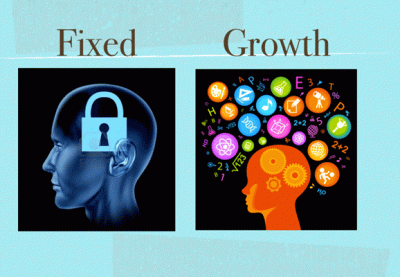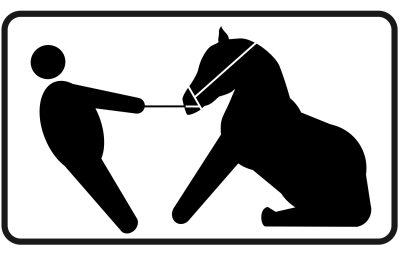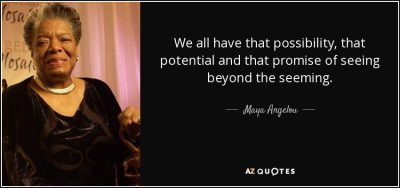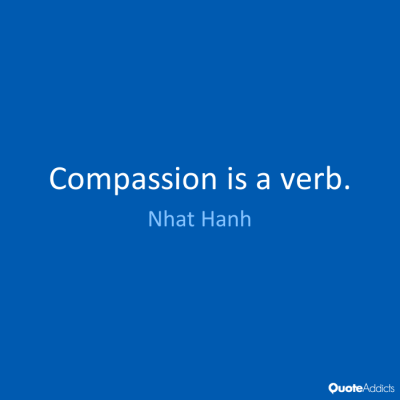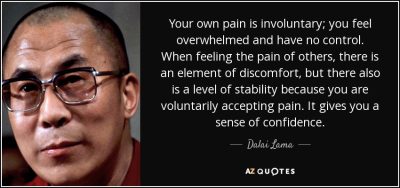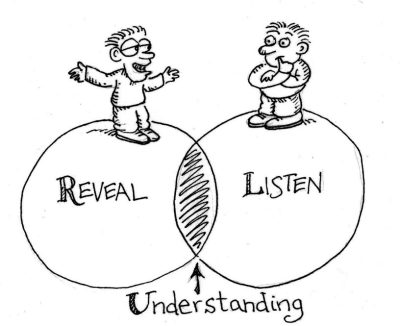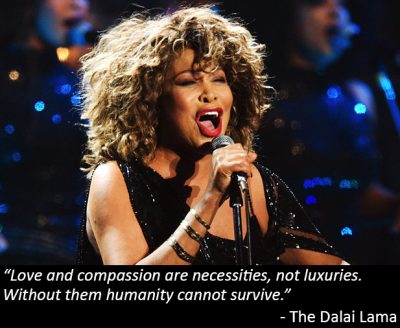Mindsets Shape Meetings
In a recent meeting with a client Roger and one of the organization’s senior managers expressed their concerns about a direction the CEO wanted to go. The CEO had spent a lot of time thinking about this direction and was confident it was right. Because this executive has a growth mindset, however, he listened to Roger’s and the manager’s concerns and changed his mind, “I got it. I just needed to think it through again.” … Read more…


